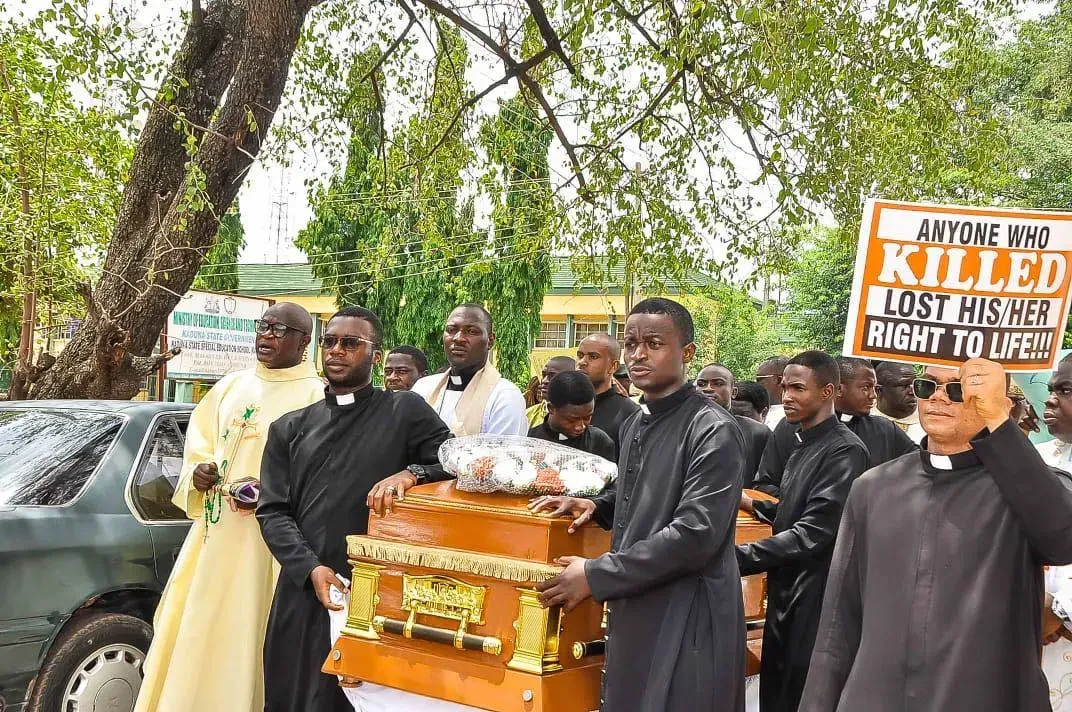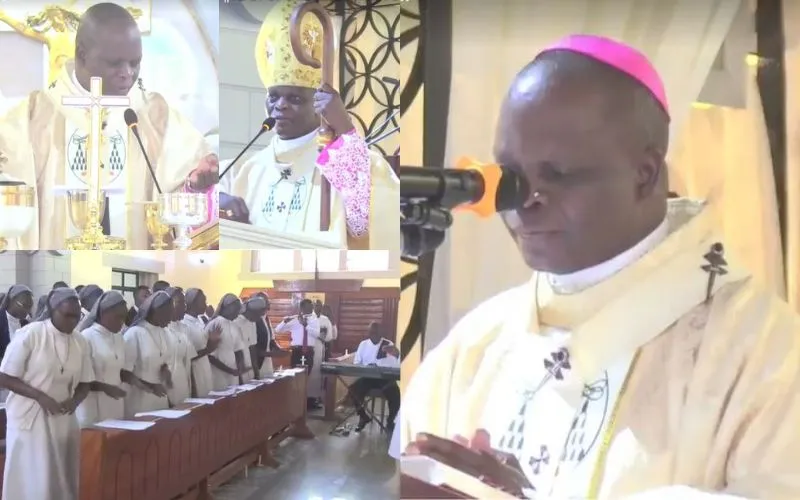He continued, “Our country today, what we are, our situation, has been created by bad leadership. We can't be blaming God. it is not God's will.”
Nigeria has been struggling with a wave of violence by armed gangs who frequently carry out killings and kidnappings for ransom, BBC News reported in April.
The country has been experiencing insecurity since 2009 when the Boko Haram insurgency emerged with the aim of turning the West African country into an Islamic state.
Members of the group have been organizing indiscriminate terrorist attacks on various targets, including religious and political groups as well as civilians.
Archbishop Ndagoso called on Nigerians to trust in God amid the insecurity.
(Story continues below)
“I know that all of us seated here are traumatized; we are afraid; we are despondent; we are troubled. Each time you hit the road, your life jumps; your soul sits on your head. You are watching, looking around,” the Archbishop who started his Episcopal Ministry in Nigeria’s Maiduguri Diocese in May 2003 said.
He added, “If you are traumatized, if you are afraid, if you are frightened, if you are shocked, if you do not know what to do, if you are confused, you are right but beyond that I want you to know that God, our God being Emmanuel, He is in all this.”
“We are not alone. Our God does not only know our sufferings and sorrows. He suffers with us, he agonizes with us, He is with us on this journey of the road of suffering that we Nigerians are on today,” said the Local Ordinary of Kaduna.
In his June 30 homily, Archbishop Ndagoso said the late Fr. Borogo "lived a fruitful life."
"Even though he died young, I can say that he lived a fruitful life. Living a fruitful life has nothing to do with duration. It has everything to do with the intensity or the quality of life that you live," he said.
The Priest who was serving as the Chairman of the Catholic Priests in Kaduna Archdiocese at the time of his death also "lived an intense and qualitative life," Archbishop Ndagoso said.
"We didn't want him to go this way. We pray therefore that the Almighty God would forgive him his own sins and grant him the word of eternal life.”
“May the soul of Fr. Vitus and the souls of all the faithful departed, through the mercy of God rest in peace," the Nigerian Archbishop implored.
Dozens of Priests and hundreds of Catholics took to the streets to protest the killings and abductions of members of the Clergy after participating in the burial Fr. Borogo on June 30.
Archbishop Ndagoso of Kaduna broke into tears as he buried his Priest, Fr. Vitus Borogo.
Magdalene Kahiu is a Kenyan journalist with passion in Church communication. She holds a Degree in Social Communications from the Catholic University of Eastern Africa (CUEA). Currently, she works as a journalist for ACI Africa.








